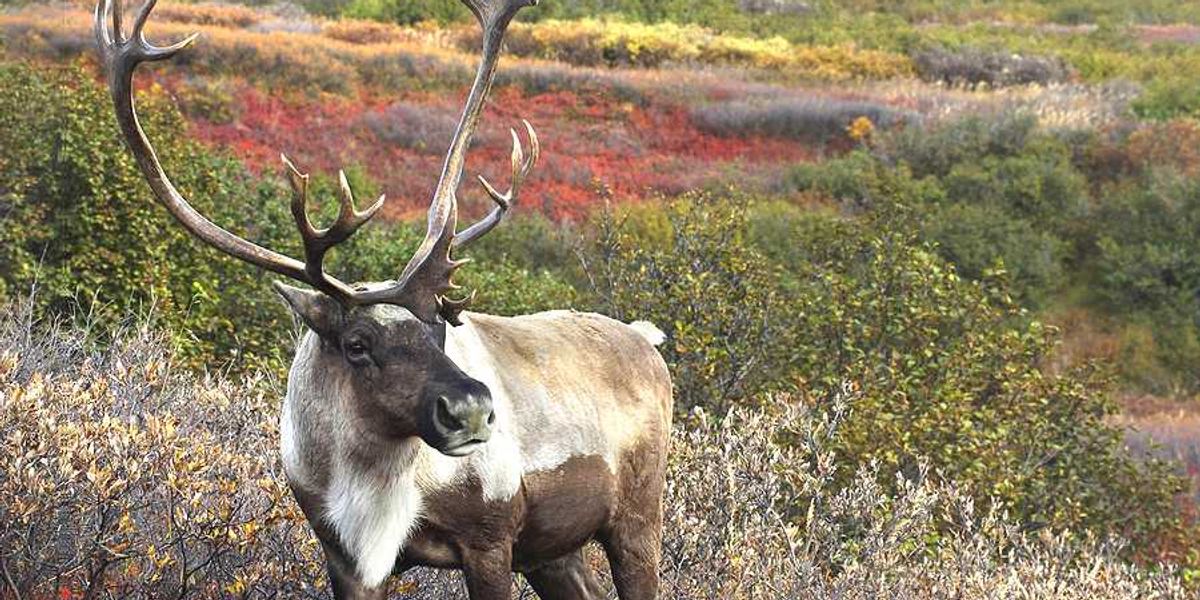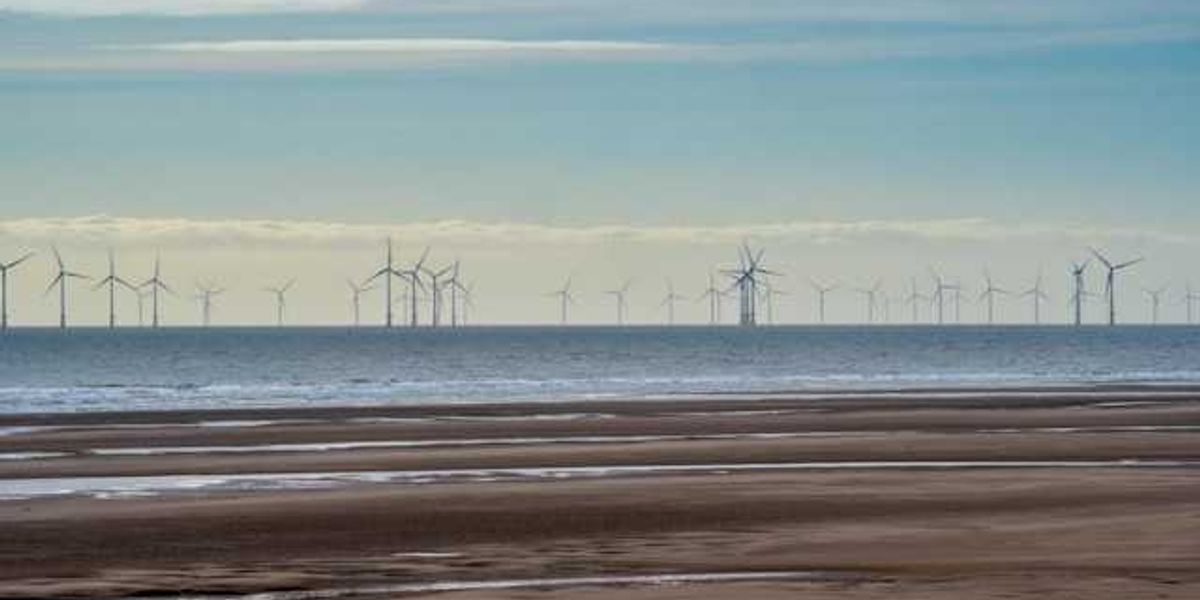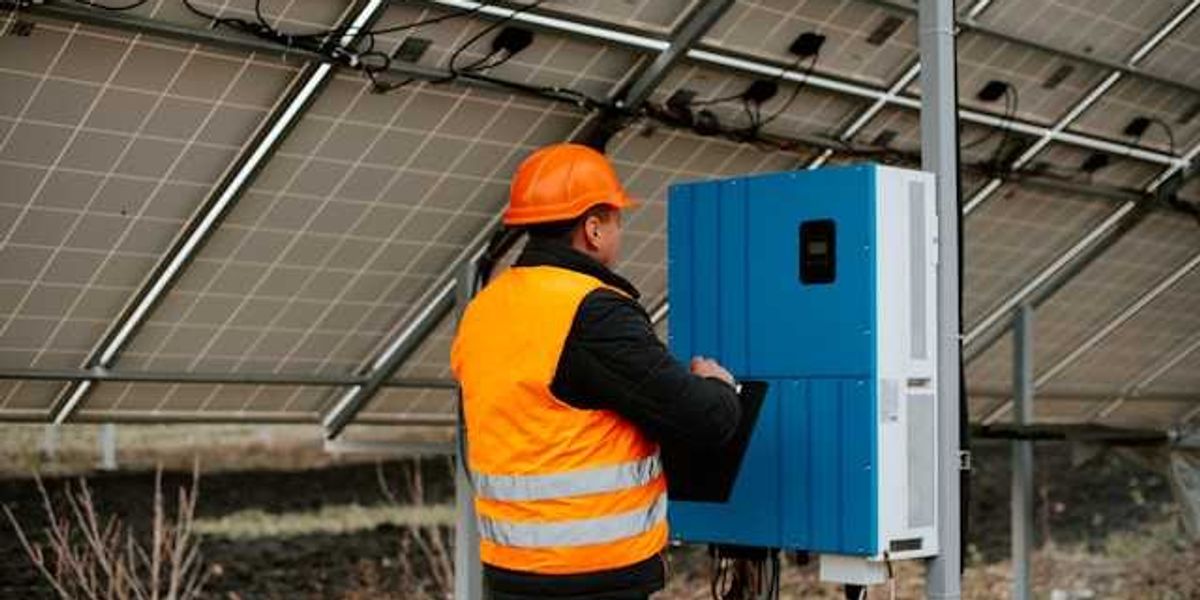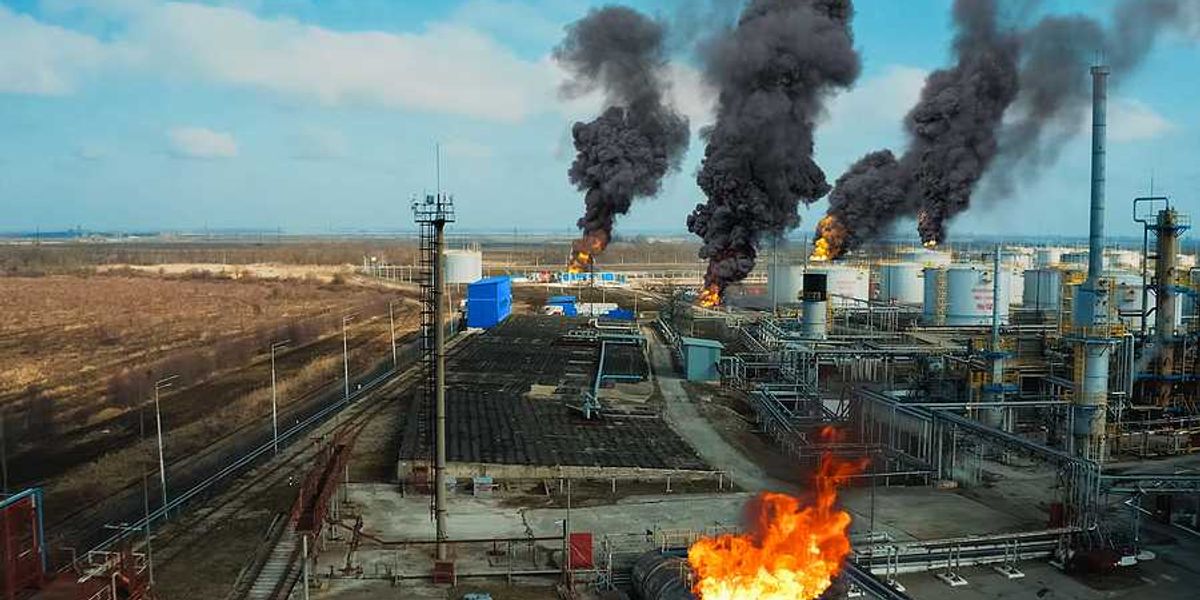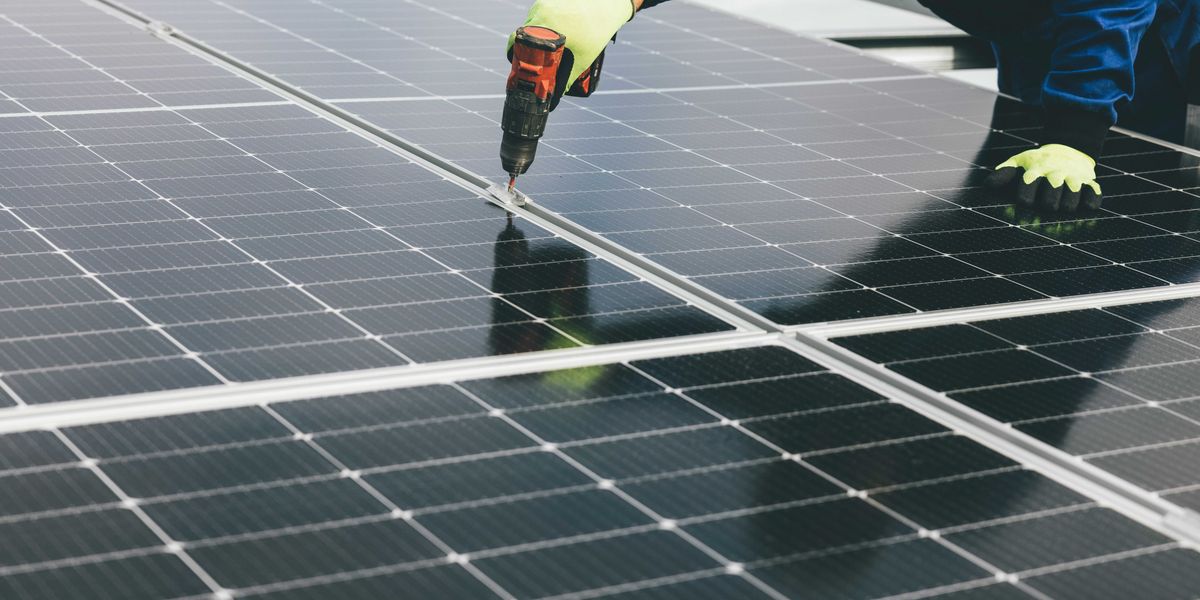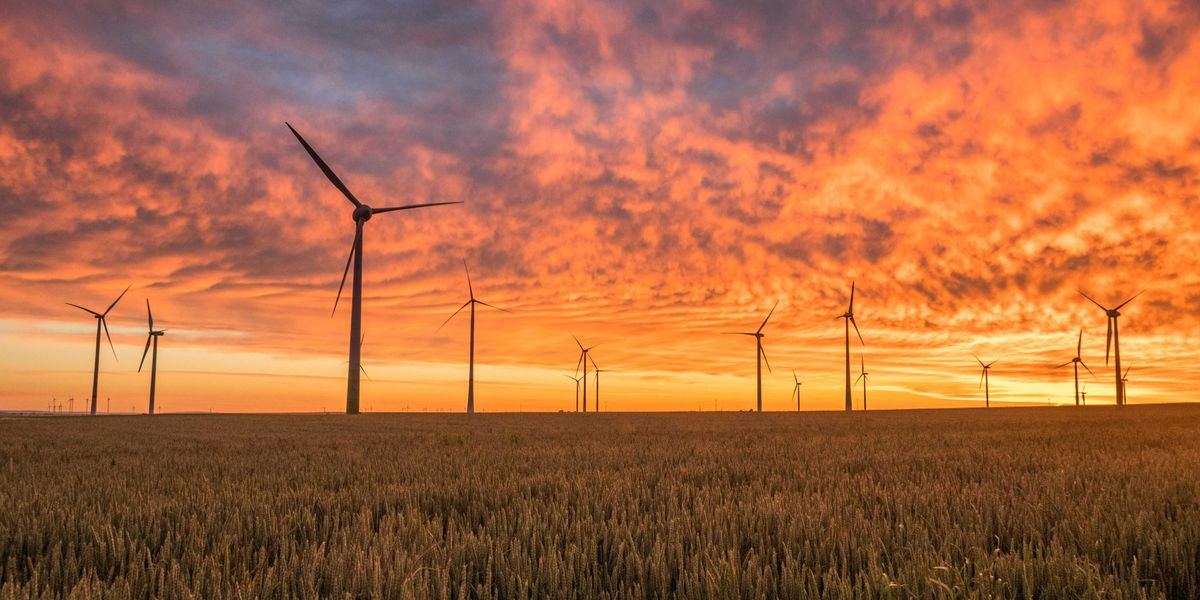Protests as Trump officials push Alaska oil and gas expansion
Trump administration officials toured oil infrastructure and pitched fossil fuel projects in Alaska this week, drawing protests from environmentalists and some Alaska Natives who say the efforts ignore the state’s ecological and cultural stakes.
Becky Bohrer and Mark Thiessen report for The Associated Press.
In short:
- U.S. Interior Secretary Doug Burgum, Energy Secretary Chris Wright, and Environmental Protection Agency Administrator Lee Zeldin visited Alaska to promote expanded fossil fuel development, including a long-stalled $44 billion liquefied natural gas project.
- Environmental advocates and some Indigenous leaders protested the Alaska Sustainable Energy Conference, saying it failed to address meaningful climate solutions and threatened sacred lands like the Arctic National Wildlife Refuge.
- Federal officials also announced plans to roll back Biden-era protections on parts of the National Petroleum Reserve-Alaska, arguing that development and wildlife can coexist.
Key quote:
“There is no energy source that does not take significant materials, land and impact on the environment to produce. Zero.”
— Chris Wright, U.S. Energy Secretary
Why this matters:
Alaska’s Arctic frontier is becoming a flashpoint in the broader battle over U.S. energy policy and climate change. With the Trump administration pushing to ramp up oil and gas drilling, long-protected landscapes — including Indigenous territories and fragile tundra ecosystems — are at risk. The North Slope holds vast stores of petroleum, but it’s also a haven for wildlife and home to communities who rely on the land and water for subsistence. Expanding fossil fuel infrastructure here could accelerate warming in a state already experiencing some of the planet’s fastest climate shifts. Melting permafrost, retreating sea ice, and rising temperatures are already daily realities in Alaska. Critics say promoting massive projects like the Alaska liquefied natural gas pipeline not only risks local ecosystems but also delays the global pivot toward cleaner, less damaging energy sources.
Related: Trump officials court support in Alaska for drilling and massive gas pipeline plan

